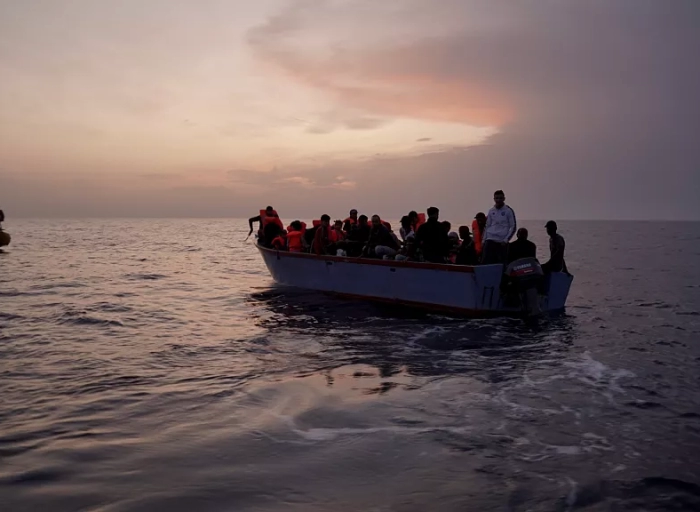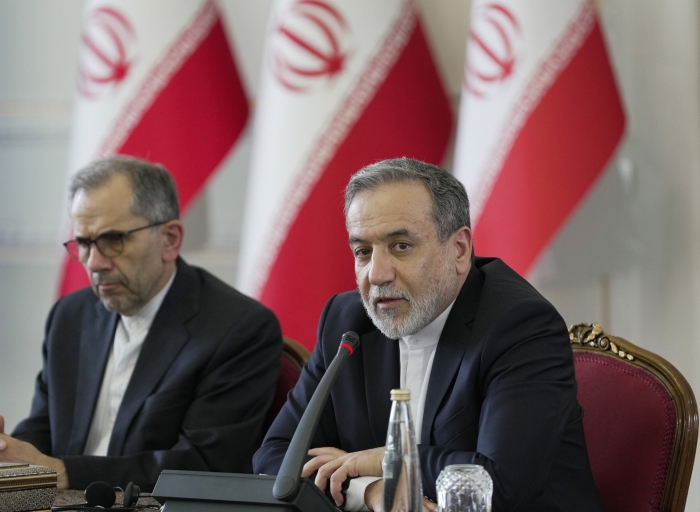The Spanish city of Malaga has officially withdrawn its candidacy to host matches during the 2030 FIFA World Cup, which will be jointly held by Spain, Portugal, and Morocco. The decision marks a significant shift in local priorities, placing club football and fan interests above the global tournament.
Malaga was one of 11 Spanish cities proposed as host venues, with matches expected to take place at the city’s historic La Rosaleda stadium. However, Mayor Francisco de la Torre announced on Saturday that the extensive reconstruction work required to meet FIFA standards would significantly disrupt the city’s football club and its supporters.
“Choosing between the World Cup and the club, we choose the club and the fans,” stated De la Torre after a meeting with the Malaga city council and the Andalusian regional government.
Hosting World Cup matches would have necessitated moving Malaga CF to a temporary 12,500-seat stadium, despite the club currently boasting over 26,000 season ticket holders. Reconstruction costs for La Rosaleda were projected at €270 million ($316 million), though the mayor emphasized that financial concerns were not the driving force behind the withdrawal.
“We want a new stadium—not for the World Cup, but for Malaga. That’s a firm commitment,” De la Torre added. “We’re not doing this to save money but because it’s what’s best for the city, the fans, and the club.
”Once a Champions League contender in 2013, Malaga CF has faced significant setbacks in recent years, including relegation to the third tier due to financial difficulties. The decision to prioritize the club’s stability reflects a broader community focus amid ongoing restructuring.
The Spanish World Cup organizing committee has faced its own controversies. In March, Maria Tato, the head of the 2030 bid, resigned following allegations of favoritism in the stadium selection process. Reports claimed that ratings for host cities were manipulated to favor certain venues, notably Anoeta in San Sebastian over Vigo’s Balaidos stadium.
With Malaga stepping aside, cities like Vigo and Valencia are now under consideration to fill the gap. Valencia’s new Nou Mestalla stadium, set to open in 2027 with a 70,000 capacity, could emerge as a strong contender.
As preparations for the 2030 World Cup continue, Malaga’s decision stands as a rare example of a city prioritizing local football culture over international prestige.




